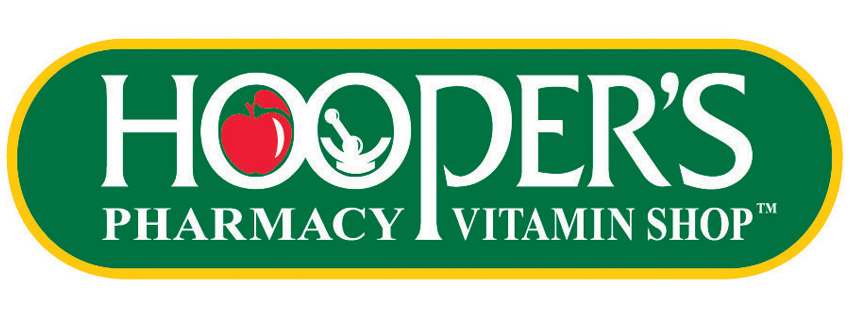Vitamin A: Vitamin A is important for cell repair and healing, immune system function, health vision and proper growth of body tissue. Dietary vitamin A in the form of beta carotene (from orange-coloured vegetables and fruits) can be converted in the body to vitamin A.
Vitamin Bs: There are several vitamin Bs: B1, B2, B3, B6, folate, and B12. These vitamins help make red blood cells and form our genetic blueprint. They help maintain metabolism, keep the circulatory and nervous systems healthy, and convert food into energy. They can be found in a variety of foods such as: eggs, dairy, beans and lentils, nuts and seeds, soy products, and meat, poultry and seafood.
Calcium: Calcium is required for bone and tooth health and for proper muscle function. Boosting calcium intake is possible by focusing on calcium rich foods in the diet such as dairy foods. For children who don’t eat dairy there are many calcium-fortified products available and many supplement products to help ensure they are getting the calcium their growing bodies need.
Vitamin C: Vitamin C helps form healthy blood vessels, cartilage, and muscle. It is also important in development of healthy neurotransmitters and is found in high concentration in immune cells. Vitamin C is simple to get from some of our favourite fruits such as citrus fruits, strawberries and kiwis. Vitamin C is also present in tomatoes, bell peppers, and broccoli.
Vitamin D: Vitamin D promotes bone and tooth formation and helps the body absorb calcium. It has benefits for immune health, mental health, and overall life expectancy. Living in Canada means we may not be getting enough Vitamin D since we see less sunlight during winter months. Vitamin D can be found in foods like egg yolks, shiitake mushrooms, milk, and fatty fish such as salmon and sardines.
Iron: Iron is required in order for the blood to carry oxygen to our cells and tissues. As iron levels drop, children and teens can become very tired and irritable. Poor appetite, problems focusing, learning, and preforming in school can also be signs of low iron. Too much iron can cause other problems and so it is not recommended to supplement children with iron unless they are known to be deficient. Visit your healthcare provider to request they test for low iron in your child or teen if this is a concern for you. Regular intake of iron-rich foods is a safe and natural way to keep children’s iron levels healthy.
Magnesium: Magnesium is responsible for regulating many areas of the body including, blood sugar, muscle and nerve function, blood pressure, and various proteins and hormones. Inadequate magnesium can have a wide-reaching impact on growing bodies. Eating whole grains, leafy green vegetables and dairy foods can help enrich your child’s diet with magnesium.
Sodium: Children, much like the adults in their lives may be exceeding their daily recommended intake of sodium. This can stem from the consumption of too many convenience foods like chips, frozen and canned foods, and salty snacks. It is important to be cautious. Too much sodium in the diet has been linked to increased risk for high blood pressure which can increase the risk of cardiovascular and kidney disease. Teaching healthy eating now will help form a strong foundation of healthy eating for the future. Instead of reaching for salty convenience foods rethink convenience by choosing fresh fruits and vegetables, unsalted nuts and seeds, and other low or no sodium snack alternatives. Read labels on packaged foods carefully to alert you to possible high sodium products. If the value is 15% or higher it is considered a high sodium food. Try to stick to alternatives with 5% or less.


